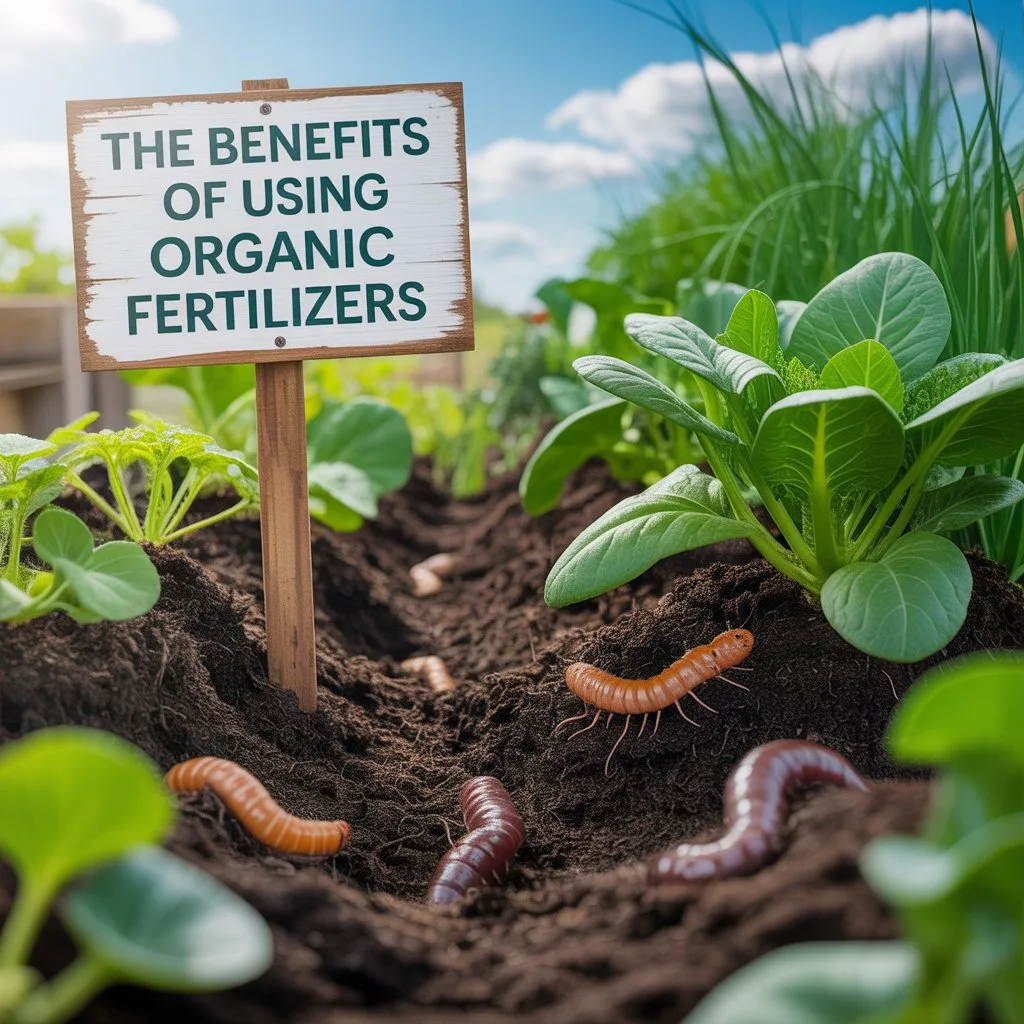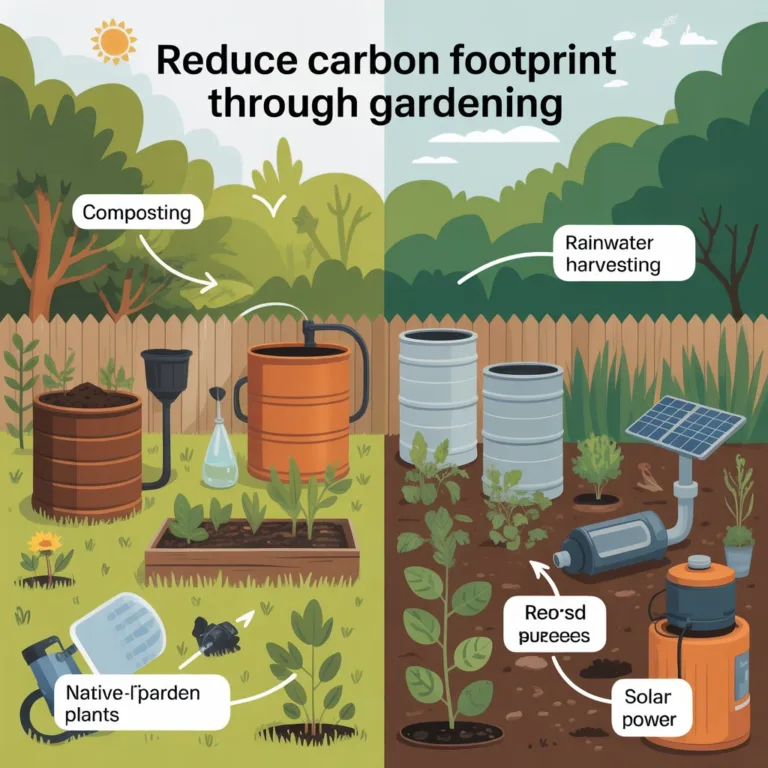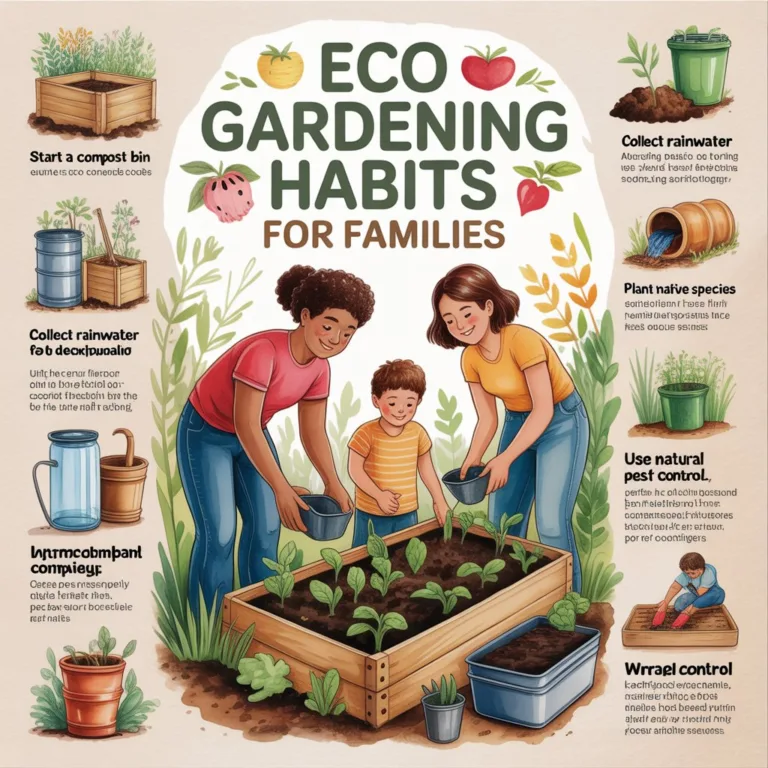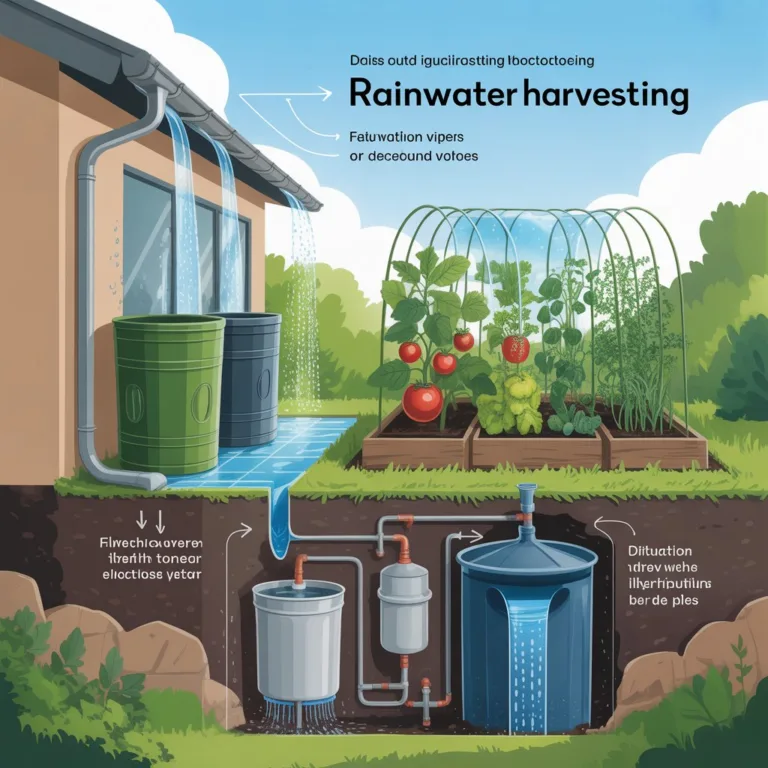In recent years, more gardeners, farmers, and eco-conscious homeowners have begun turning toward organic solutions to care for their plants and soil. Among these sustainable choices, using organic fertilizers has become a cornerstone of environmentally friendly gardening and farming practices. Unlike synthetic fertilizers, which often deliver quick but short-lived results, organic fertilizers build long-term soil health while supporting biodiversity and reducing environmental damage.

Understanding the benefits of using organic fertilizers can completely transform how we view plant nutrition and soil management. They don’t just feed plants — they feed the ecosystem beneath them. Whether you maintain a small balcony garden or manage acres of farmland, embracing organic fertilizers creates healthier soil, more resilient crops, and a cleaner planet for future generations.
What Are Organic Fertilizers?
Organic fertilizers are natural materials derived from plant or animal sources that provide essential nutrients for plant growth. They can include compost, manure, bone meal, fish emulsion, seaweed extract, or green manure crops. Unlike chemical fertilizers that deliver nutrients in a concentrated and artificial form, organic fertilizers release nutrients slowly as they break down, nourishing the soil as a living system rather than treating it as a passive medium.
This slow-release process is one of the defining characteristics of organic fertilizers. It mirrors nature’s way of recycling nutrients—through decomposition, microbial activity, and natural absorption. As a result, plants receive a steady and balanced supply of nutrients, and soil organisms thrive in a healthy environment rich in organic matter.
How Organic Fertilizers Differ from Synthetic Ones
The distinction between organic and synthetic fertilizers goes far beyond their source. Synthetic fertilizers are chemically engineered to provide specific nutrients—usually nitrogen, phosphorus, and potassium (NPK)—in precise quantities. While effective in stimulating rapid plant growth, they often neglect the complex network of microorganisms that make soil fertile in the long term.
Organic fertilizers, in contrast, improve soil structure, promote microbial diversity, and support the natural nutrient cycles that sustain plant life. Instead of forcing growth through chemical reactions, organic fertilizers work with nature’s rhythms. This cooperation results in stronger plants, better water retention, and healthier ecosystems.
In the long run, the benefits of using organic fertilizers far outweigh the quick results of synthetic options, especially when considering sustainability and soil longevity.
Enriching Soil Health Naturally
Healthy soil is the foundation of every thriving garden and farm. Organic fertilizers excel in nurturing this foundation by adding organic matter that improves soil texture, aeration, and moisture retention.
When you apply compost, for example, you’re not just feeding your plants — you’re feeding the billions of microorganisms that convert organic material into plant-available nutrients. These microbes play a vital role in breaking down complex compounds and stabilizing nutrients in the soil, preventing them from washing away during rain or irrigation.
This process also enhances the soil’s capacity to store water, reducing the need for frequent watering. Soils enriched with organic matter remain loose, allowing roots to penetrate deeper and access essential minerals more efficiently.
Ultimately, the benefits of using organic fertilizers lie in creating a self-sustaining soil ecosystem that supports plant health naturally, year after year.
Promoting Biodiversity and Soil Life
Beneath every healthy garden lies an intricate web of organisms — from bacteria and fungi to earthworms and insects — all working together to keep the soil alive. Synthetic fertilizers, especially those high in chemical salts, can disrupt this delicate balance, killing beneficial microorganisms and compacting the soil over time.
Organic fertilizers, however, enhance biodiversity by providing food sources for beneficial microbes and small creatures. Compost and manure, for instance, encourage fungal growth that helps plants absorb phosphorus more efficiently. Earthworms thrive in organically rich soils, improving aeration and nutrient cycling.
This rich soil biodiversity creates resilience. Plants grown in such environments develop stronger immune systems, making them more resistant to diseases, pests, and environmental stress. By encouraging life beneath the surface, you ensure stability and fertility for years to come.
Improving Plant Health and Growth
One of the most visible benefits of using organic fertilizers is the remarkable improvement in plant health. Plants nourished organically tend to have sturdier stems, vibrant foliage, and richer flavors in fruits and vegetables.
Organic fertilizers supply a balanced range of nutrients, including micronutrients that are often missing in synthetic formulations. Over time, this leads to healthier root systems and consistent growth without the sudden surges or nutrient imbalances caused by fast-acting chemical fertilizers.
Because organic fertilizers release nutrients gradually, plants receive nourishment according to their natural growth cycles. This steady supply minimizes stress and promotes steady, strong development — essential for flowering plants, fruit trees, and vegetables alike.
Preventing Nutrient Runoff and Environmental Pollution
One of the major downsides of chemical fertilizers is nutrient runoff. When it rains, excess nitrogen and phosphorus can leach into rivers, lakes, and groundwater, causing algal blooms and polluting drinking water sources.
Organic fertilizers, on the other hand, bind more effectively to the soil and release nutrients slowly. This controlled release means plants absorb nutrients efficiently, and very little is wasted or washed away.
By choosing organic options, gardeners and farmers play a direct role in reducing water contamination and protecting aquatic ecosystems. This environmentally responsible approach benefits both local communities and the global environment.
Supporting Climate-Friendly Agriculture
The benefits of using organic fertilizers extend beyond the garden to global climate health. Chemical fertilizer production is energy-intensive and contributes significantly to greenhouse gas emissions. Meanwhile, organic fertilizers are often made from recycled natural materials — such as composted food waste, crop residues, or manure — reducing landfill waste and carbon output.
Moreover, organic fertilizers help increase soil carbon sequestration. As organic matter breaks down, it enriches the soil with humus, a stable form of carbon that stores atmospheric CO₂ underground. This not only improves soil fertility but also helps mitigate climate change by capturing carbon that would otherwise contribute to global warming.
Supporting sustainable soil management through organic practices is one of the most powerful ways individuals and communities can combat environmental degradation.
Safe for People, Pets, and Pollinators
Safety is another significant advantage when considering the benefits of using organic fertilizers. Synthetic fertilizers can contain harsh chemicals that pose risks to humans, pets, and pollinators like bees and butterflies. Runoff from these chemicals can also contaminate nearby gardens, playgrounds, or water systems.
Organic fertilizers, especially those made from composted materials, are much gentler and safer to handle. They pose no harm to beneficial insects or wildlife and create a balanced environment where pollinators thrive.
If you have pets or small children playing in your garden, organic fertilizers offer peace of mind — nourishing your plants without the risk of chemical exposure.
Long-Term Cost Efficiency
At first glance, organic fertilizers may seem more expensive than synthetic alternatives. However, when evaluating long-term benefits, they prove to be far more cost-effective. Because they improve soil health and fertility over time, you’ll need fewer applications as your garden matures.
Healthy, well-structured soil reduces dependency on irrigation and pest control measures, leading to additional savings. Moreover, many organic fertilizers can be made at home from everyday materials — kitchen scraps, yard waste, or livestock manure — turning potential waste into valuable resources.
When you invest in organic fertilizers, you’re investing in a sustainable system that grows stronger with each passing season.
Homemade Organic Fertilizer Ideas
One of the joys of organic gardening is that you can create many fertilizers yourself. A few examples include:
- Compost: The classic and most effective organic fertilizer, made from decomposed food scraps, leaves, and grass clippings.
- Worm castings: Nutrient-rich material produced by composting worms, ideal for houseplants or seed starting.
- Banana peel tea: A simple potassium boost for flowering plants, made by soaking banana peels in water.
- Eggshell powder: Crushed and added to the soil for extra calcium to strengthen cell walls and prevent blossom-end rot in tomatoes.
- Manure tea: A diluted liquid fertilizer made from composted animal manure, great for vegetable gardens.
These natural alternatives demonstrate that sustainability doesn’t have to be complicated — it can start right in your kitchen or backyard.
How to Transition from Chemical to Organic Fertilizers
Switching from synthetic to organic fertilizers can be done gradually and successfully. Begin by incorporating compost or organic matter into your soil to restore microbial life. Over time, reduce chemical applications until your soil maintains fertility naturally.
Patience is key. The transformation may take a few growing seasons, but once complete, you’ll notice the soil becoming richer, darker, and more alive. Plants will adapt to the new nutrient flow, and yields will stabilize as the ecosystem rebalances itself.
This transition is not just about feeding plants differently — it’s about adopting a philosophy that values life, renewal, and sustainability at every level.
Building a Sustainable Gardening Mindset
Choosing organic fertilizers represents more than a change in gardening technique — it’s a shift in perspective. It reflects a respect for natural systems and a commitment to living in harmony with the environment.
This approach invites you to view gardening as a partnership with nature, not a battle against it. You begin to notice patterns — the way compost steams on a cool morning, the hum of bees drawn to healthy blooms, the rich scent of living soil. These experiences connect you more deeply to your surroundings and remind you that sustainability is as much emotional as it is practical.
By embracing organic fertilizers, you become part of a movement that values regeneration over depletion, patience over quick fixes, and care over convenience.
Encouraging Others Toward Organic Choices
Sharing your success with organic fertilizers can inspire others to make similar changes. Whether through community workshops, school gardens, or neighborhood composting programs, you can help spread awareness about sustainable soil care.
Each person who adopts organic practices contributes to a larger global effort to restore balance to our planet. As communities shift toward more natural farming and gardening, the cumulative effect can lead to cleaner air, healthier food, and reduced environmental impact.
Simple actions, when multiplied across many gardens, create meaningful change.
Growing a Greener Future
The benefits of using organic fertilizers are undeniable — from revitalizing soil and protecting ecosystems to improving food quality and reducing pollution. Every handful of compost or natural fertilizer you add to your garden represents a commitment to sustainability and stewardship of the earth.
When you nurture your plants with organic materials, you’re not just growing flowers or vegetables — you’re cultivating a healthier planet. The soil beneath your feet becomes a living ally, rich with unseen life working tirelessly to sustain your garden and, by extension, the world around it.
If you haven’t yet tried using organic fertilizers, there’s no better time to start. Begin small, stay consistent, and watch as your garden transforms into a thriving, sustainable space filled with vitality and purpose. Let your soil, your plants, and your conscience all grow together in harmony.

Sofia Greenfield is a sustainable gardening expert and environmental educator who inspires families and urban gardeners to cultivate green spaces responsibly. She shares practical tips on growing vegetables, herbs, and flowers using eco-friendly and recycled materials, emphasizing the joy of gardening while protecting the planet.



